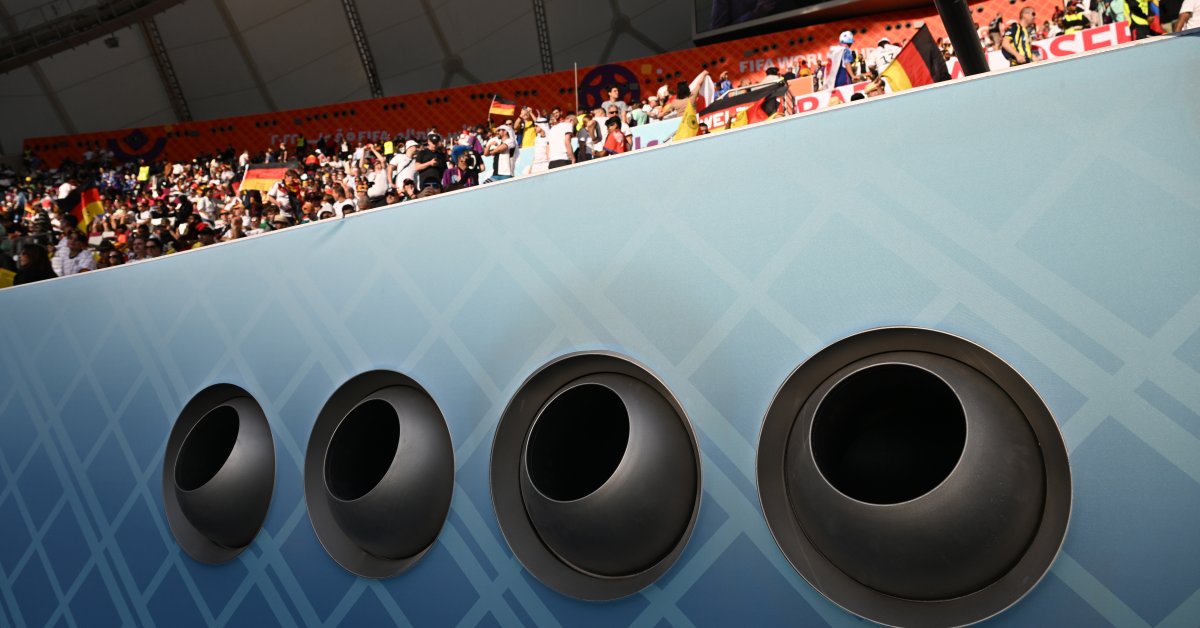Exactly right. China has been the exception rather than the rule, in growth markets. USA, Japan, Australia and India all followed the big star blueprint and it kicked off growth at all levels and in all aspects of the game. USA and Japan have been at it longer than Oz and India and as such are further along, but the A-League and ISL are developing in a similar way at the relative stage they’re at. They’ll catch up to where the US and Japan are now, but by then US and Japan should be at a higher level too. Saudi is like the same blueprint but on steroids, owing to the far greater finances involved, and also partly owing to the aims of the KSA in all of this. As such, they should expect a faster development rate, but other than that basically the same thing.
China are not the exception. How about Russia, who managed to fuck it up despite being in UEFA?
No-one is denying that the Saudis couldn't get a decent league going and buying these big stars is a surefire way to increase interest and grow their league. The disagreement is with the idea that they will be threatening the top European leagues any time soon, which seems to be the argument.
If the J-League is the measure of success, then absolutely, there's every chance they'll manage that. Al-Hilal already regularly win the Asian Champions League alongside Japanese teams. The J-League averages 14k crowds in a country of 125 million people. The Saudi league averages 10k, but with far more variation between the top and bottom ends. As an outsider, it seems like it's a league with quite a variable level of quality. One team getting 40k every week, with one only managing 3k. There's even a team with a 56k-seater stadium that averages less than 10k. And another that only has a 5,000-seater stadium that sells it out every game. And it seems like it's those at the top end that are benefiting from this investment. So if anything, it seems more like they're following the French model of creating a handful of super teams rather than the American one of spreading the superstars around (in France, it was just one super team, to be fair).
It'll be interesting to see if it works, because in the short term, it's much more entertaining to see a couple of teams with a decent number of superstars in them, rather than a league where every team has one or two superstars surrounded by League One standard players. But for the long-term sustainability of the league, I'm not sure. Maybe it's best to bring the money in first and then share that amongst the clubs to help longer-term development.
Is there actually a historical example of any league breaking into that absolute top-tier of football? There are certainly leagues that have dropped out of it, and certainly over time the talent and money has become more and more concentrated.
As for Gary Neville, again it just displays the arrogant attitude of rags that they can't accept anything that would threaten their absolute right to pool all of the best talent. If there are any clearly dodgy deals going on, then you can apply a fair value rule in FFP. But as far as I can tell, it's basically a lot of people who were looking forward to seeing Chelsea implode getting angry that they've been presented with a lucky get out clause (and I have to admit, it would have been funny watching them try to get rid of about 20 players in one summer), and are reaching for some ridiculous conspiracy that because the Saudi investment fund happens to have a handful of stocks in the firm that bought Chelsea, they've somehow engineered this whole situation to bail them out.

